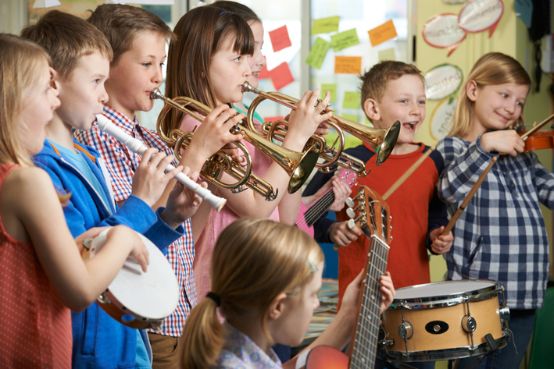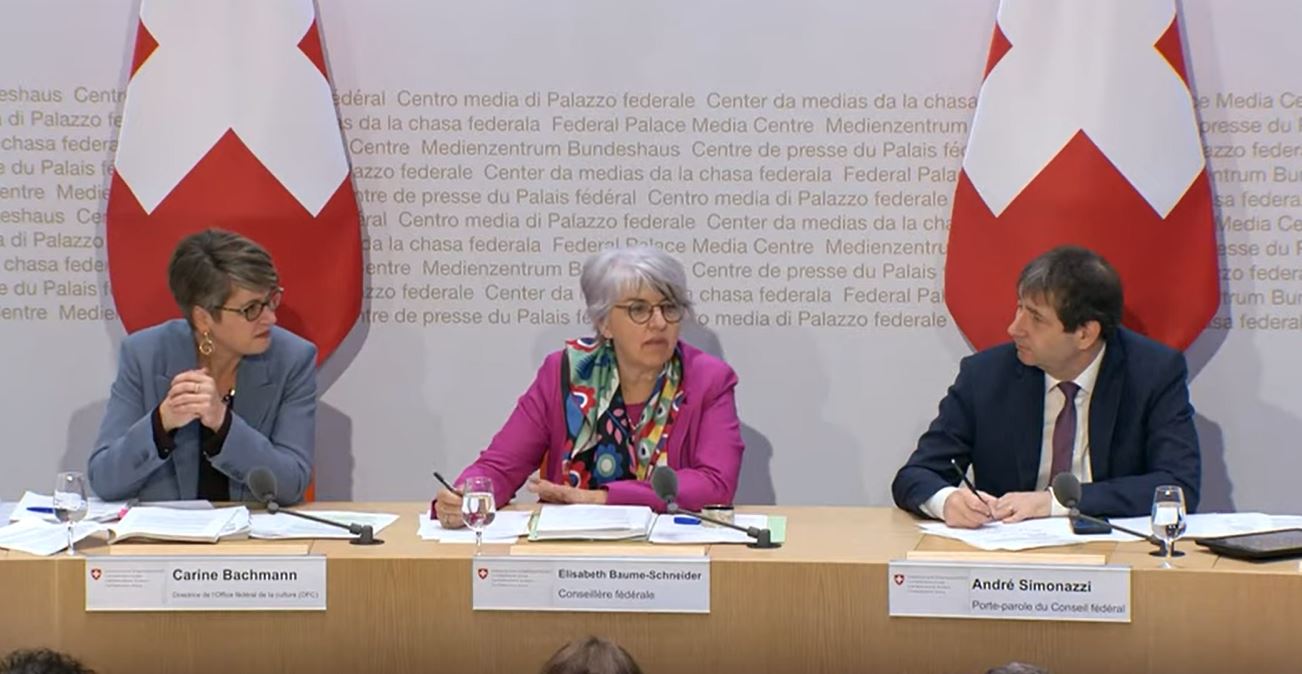How the federal government promotes music education
The federal government has been promoting music education for children and young people since 2012. In 2016, the measures will be expanded and the new "jugend+musik" program will be launched.

The federal government has been promoting music education for four years on the basis of the Culture Promotion Act. The Confederation's powers were expanded by Article 67a of the Federal Constitution (Music Education), which was adopted by the people and cantons on September 23, 2012. A new funding period begins in 2016.
In the new 2016-2020 funding period, the existing measures to promote music education will be continued and expanded. In particular, music formations, music competitions and music festivals will receive increased support.
The most important innovation is the introduction of the "jugend+musik" program, which aims to encourage children and young people to become musically active and thus promote their development and growth from a holistic educational, social and cultural perspective.
There is also a new regulation that obliges music schools to offer all pupils and vocational students up to the end of upper secondary level tariffs that are significantly lower than the adult tariffs. Furthermore, the schools are to offer particularly talented pupils special rates based on the number of lessons attended.
How much money is earmarked for the promotion of music education? As part of the consultation on the 2016-2020 Cultural Dispatch, Parliament approved a payment framework totaling CHF 17.3 million. Of the average of around CHF 3.5 million per year, an average of around CHF 2.5 million per year is earmarked for the "jugend+musik" program.
The introduction of the "jugend+musik" program
The program is based on three pillars: Training and further education for "jugend+musik" leaders, music courses and music camps.
1) Training and further education of "jugend+musik" leaders: The program trains leaders to teach music to children and young people as part of courses and camps and to convey the joy of music. The j+m leaders are obliged to undergo regular further training. The training takes place within the framework of a multi-stage module system. Prospective j+m leaders complete a basic module as well as further modules in pedagogy and music.
2) Music courses: The program supports music courses for children and young people that are run by a certified j+m instructor. The courses must comprise at least ten lessons and at least five children or young people must take part. The contributions per participant are determined annually by the BAK on the basis of fixed rates. The leaders themselves decide on the use of the program contributions (infrastructure, teachers' salaries, etc.) within the framework of certain parameters, which ensures that the funds are used in a way that is as needs-oriented as possible.
3) Music camp: The program supports music camps for children and young people that are run by a certified j+m leader. The camps last between two and seven days and at least ten children or young people must take part. Contributions are also made based on fixed rates. As a rule, the camps must take place in Switzerland in order to achieve a good cost/benefit ratio and keep the added value in Switzerland.
The plan is to introduce the program in stages: Training courses for j+m leaders will be offered from 2016. Music courses and music camps will be supported from 2017. An external agency is responsible for processing applications and will manage the program on behalf of the BAK. This contract was awarded to Res Publica Consulting AG as part of a public tender process.
The participation requirements for training and further education as well as the funding criteria for the support of music courses and music camps and further details can be found in the funding concept of the Federal Department of Home Affairs at the following link:
http://www.bak.admin.ch/kulturschaffen/04250/04255/05057/index.html?lang=de








